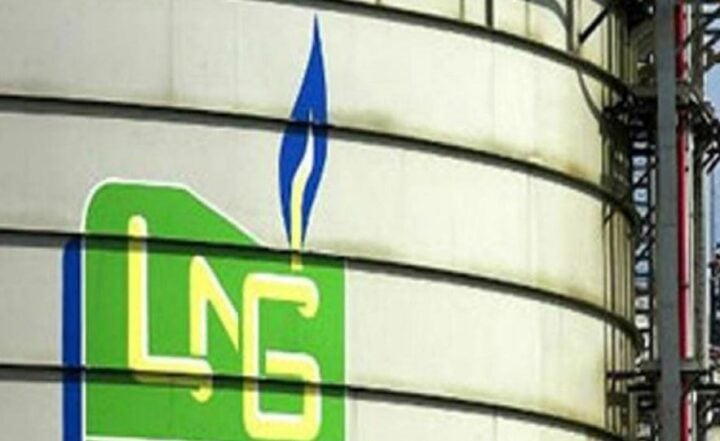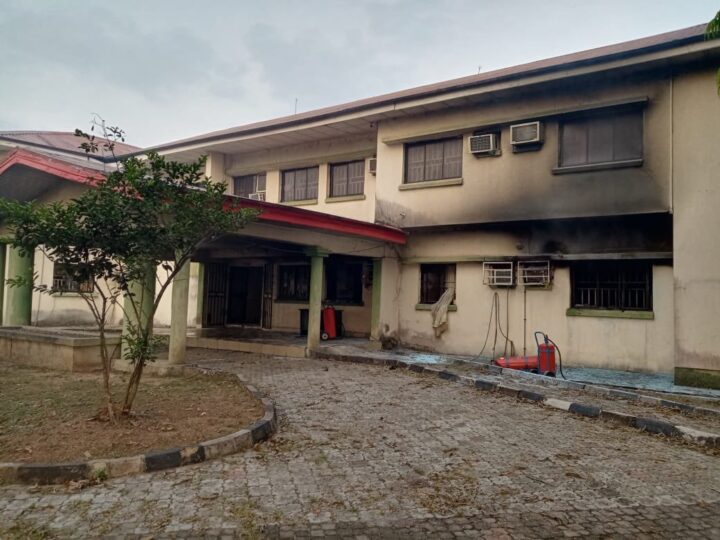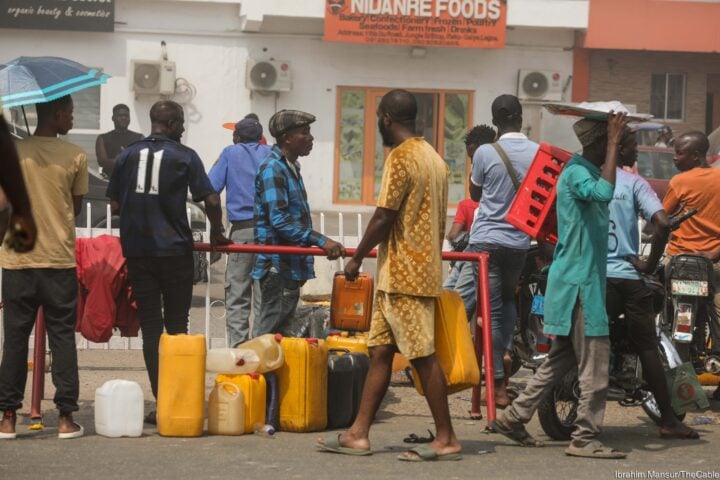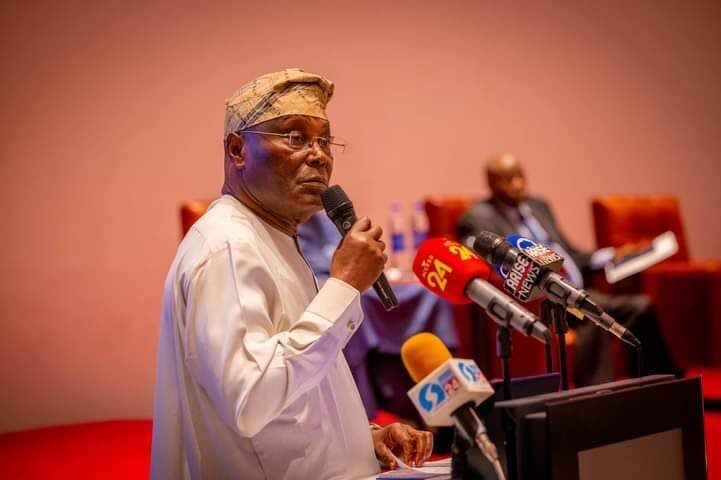The Nigerian Liquefied Natural Gas Limited (NLNG) says it recorded a 37.5 percent year-to-date gas delivery gap, culminating in about 1.3 billion cubic feet (bcf) deficit.
Olalekan Ogunleye, deputy managing director of NLNG, said this during a panel session at the just-concluded Practical Nigerian Content Forum (PNC) in Uyo, Akwa Ibom state.
He said the deficit adversely affected the company’s revenue generation, export and domestic gas delivery obligations.
Ogunleye said the NLNG was only able to deliver 62.5 percent of the 3.5bcf gas requirement in its six-trained facility at Bonny Island, Rivers.
Advertisement
“So for us as Nigeria LNG, it’s not just us, we see a lot of missed opportunities. Our train 1 to 6 gas requirement is about 3.5bcf of gas. Year-to-date, we have a gas delivery gap of about 37.5 percent, only 62.5 percent is our gas supply,” Ogunleye said.
“There are missed opportunities everywhere you look in the value chain, whether upstream, midstream or downstream in terms of what can be accomplished commercially at a time that the shareholders, the country, we all need the funds.
“So, it is critical that we step up our collaboration to address this issue because it’s not just an NLNG issue. It’s an issue for everyone. It is also domestic. There are also issues with gas supply to the domestic market and the challenges are known.”
Advertisement
He said in the last two decades, there had been priority attention on gas and gas-related issues, starting with the Nigeria Master Plan and the current Decade of Gas agenda.
He said there was a virtual accord among all stakeholders on gas development and the potential for gas to unlock economic development.
He said it was also clear that a lot of progress had been made around enabling policies in the oil and gas industry, particularly with the implementation of the Petroleum Industry Act (PIA).
Noting that the industry was still grappling with security challenges, Ogunleye added that there was significant cooperation by all actors to address the issue.
Advertisement
Ogunleye said industry stakeholders needed to start focusing on the outcome, pointing out that the Nigerian National Petroleum Company Limited (NNPC) and the federal government were doing a lot to resolve that.
“We need to double down as of what the security agencies are doing. We need to leverage on intelligence gathering, we need to leverage on technology and it can be done. And more importantly, we need to understand that security is the responsibility of everyone and that it’s something that everybody is losing to,” he said.
“The security has to be effectively addressed, and we must be tracking not just the efforts but their outcomes because you can track gas production, you can track oil production. And we need our communities to step up their partnership by providing information, by supporting the security agencies.”
He stressed the need to incentivise investments in the country, considering that gas projects were highly capital projects and cost of funds in the domestic market was still an issue that needed to be addressed.
Advertisement
“We need to remove the blockages and make sure that we’re incentivising gas development and attracting foreign investments, and the way to do it is, we need to embrace decarbonisation, we need to adopt ESG standard and make sure that our projects are attractive from a financing point of view,” Ogunleye added.
“Ease of doing business: We’ve talked about this a bit today. It’s important to understand that the ease of doing business is an issue that we must wrestle down because Nigeria has to be that hub of gas-based investment and unless we deal with value attack, multi agencies and all these constraints, it’s going to be a challenge.”
Advertisement
Commenting further on the missed opportunities in the country, Ogunleye cited the multi-billion-dollar Brass and Olokola liquefied natural gas (LNG) projects that would have added significant value to the country if they had been completed and production started.
“Most of us on this panel were involved to some extent in the Brass LNG, in OK LNG. They are mega billion projects that have struggled to date without taking FID,” he said.
Advertisement
“If today, we had three LNG projects in Nigeria, we can only imagine what that would deliver in terms of Nigerian content opportunity, value to shareholders, etc. So there is no do-nothing option. We must come together; we must start tracking outcomes. As for Nigeria LNG, we are cooperating with all our shareholders and stakeholders.”
According to a report by the National Bureau of Statistics (NBS), the cooking gas price for 5kg-cylinder has skyrocketed by 70 percent in one year due to supply challenges.
Advertisement
Add a comment






